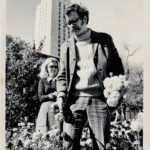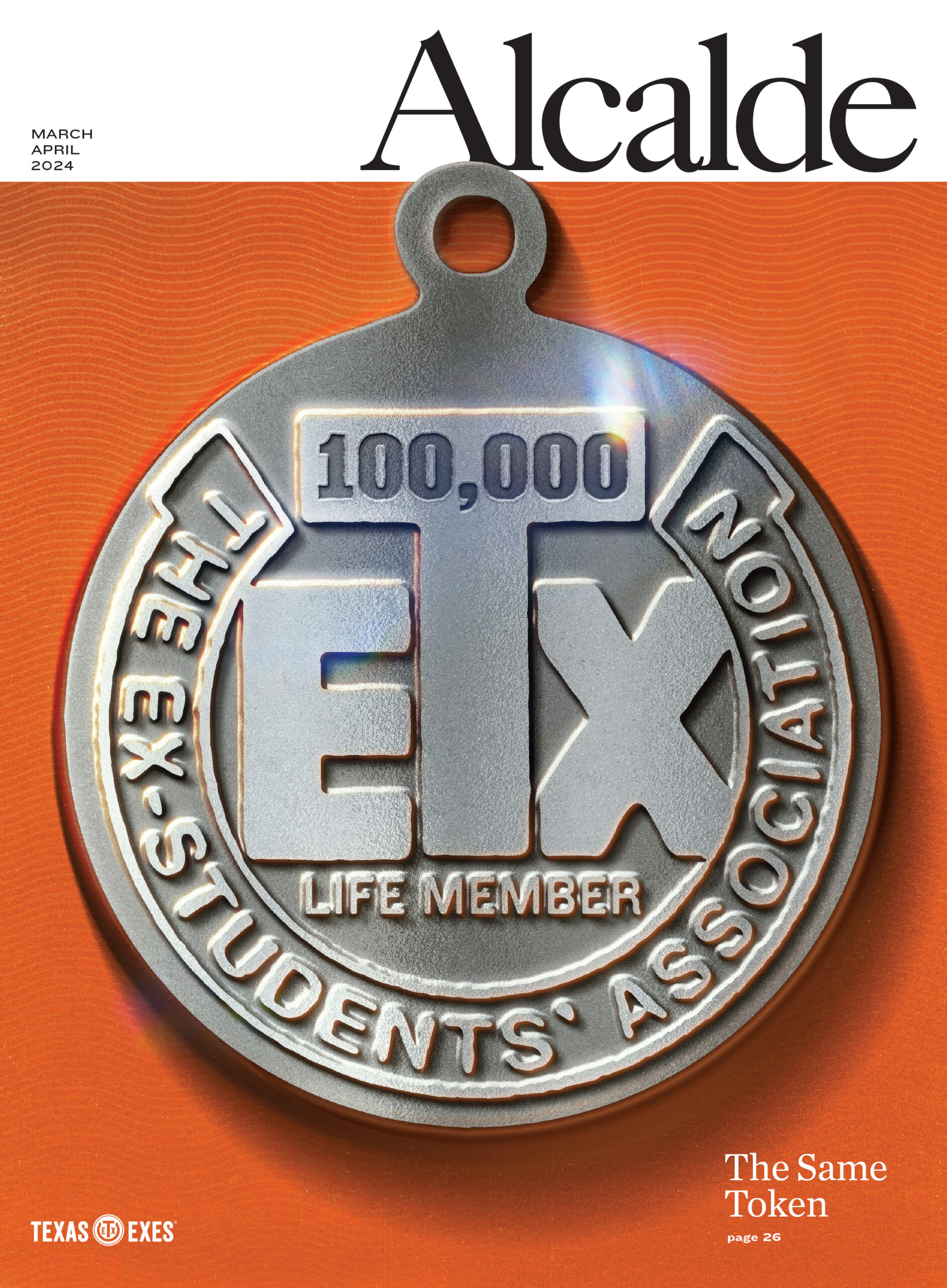Bryan Curtis Talks Texan

Founded in 1900 as a weekly, the entirely student-run and independent Daily Texan is now one of the largest college newspapers in the nation. From venerated broadcaster Walter Cronkite to Pulitzer Prize-winning cartoonist Berkely Breathed, the Texan has spring-boarded countless UT-Austin students into journalism and the media writ large for more than a century. We spoke with editor-at-large of The Ringer, and former Texan associate editor Bryan Curtis about the paper’s lasting impact on his life.
You once called the Daily Texan the “achingly earnest conscience of UT-Austin.” Can you unpack that?
We were professionally suspicious of everything the administration did and everything fraternities did and everything the sports teams did. I don’t remember a lot of reflexive irony. I remember us taking our jobs very seriously. Even more than an actual, professional job.
It does seem ridiculous now. And i think it seemed ridiculous at the time. As soon as you dig your hands into a subject, you get really into it and you feel everything you write is most important thing in the world.
What was your beat?
I was the associate editor of the paper, through 1999-00. I wrote three editorials a week. I was the junior man, so I had to write on Sunday when the rest of the staff was hungover. I think I made $13 a day. It was fabulous money. The weird part was one year, every time we wrote an editorial, it had a reproduction of our signature. I think it was to show our accountability, but I think it made us look like we thought we were the Founding Fathers.
Does a particular story of yours stick with you?
I remember a tornado touched down in Fort Worth in the spring of 2000, and I remember castigating Bush for not leaving campaign trail. I wrote an obituary for Tom Landry. I remember writing about Bush and McCain in the GOP primary.
The great part is the Texan writers would be the only people who really care. I mean that in an awesome way. These are issues that the Texan should be fighting over and worrying about. Back then it was early internet. If I was writing about the campaign, some people weren’t reading Talking Points Memo or Vox; you may be the only political article they’re reading all day.
Did you think you had a future in journalism when you were writing for the Texan?
Yes, I thought it would be a future for me. I always wanted to be a sports writer. I spent four years trying to talk myself out of that, to do something more notable for a living. I was an intern at Nightline in D.C. when Ted Koppel was there, then I was locked back in. When I came back, I wrote for the Texan. I was all-in at that point.
What was your first job in journalism?
At the New Republic. I took all those Texan editorials in the spring of 2000 and I had a vague idea of what the New Republic was and a vague idea of why they wanted to hire me. They flew me to D.C.; I went to UGL [the former Undergraduate Library] and “borrowed” a number of issues. I got the job, and I told them I needed to think about it. [Former New Republic contributing editor Ryan] Lizza called me at my desk at the Texan and told me I needed to take the job. I’m forever grateful I listened.
How did you grow as a reporter at the Texan?
I learned about deadline writing, because you had to make the physical newspaper, and how to sympathetically edit other people’s work. The most important thing I learned was to make a convincing argument, on something the reader knew about but might not know deeply about. That’s what got me my first job in journalism, and it helped me write every article since.

















No comments
Be the first one to leave a comment.